Top 10 Variables of the Best Project Management Tools
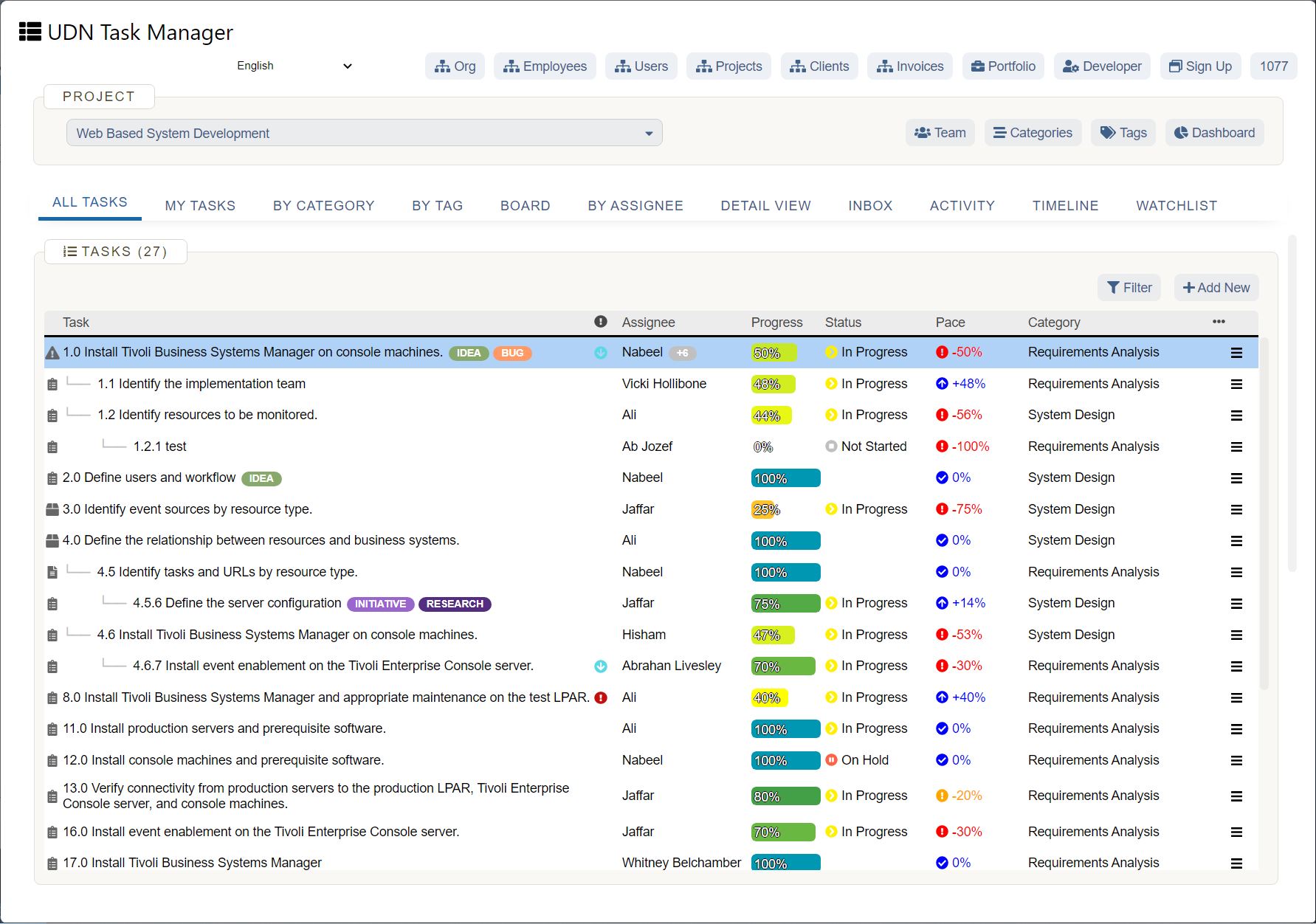
A project manager (male or female) cannot expect to make his project a skyrocketing success without investing in the best project management tools. There are innumerable advantages associated with using project management software for project delivery — one of them is the provision of a streamlined way to collaborate on project goals and objectives .
Each project management software comes with its own features that may not be perfect. You need to scale your with whatever stuff a particular program is offering. Based on rigorous use and overall high demand factor, the industry has laid out some preset features for every project management tool to have. Take them as the “bare minimum” perks associated with reputable software available today.
Let’s go through the most basic components of the best project management tools should have:
What Constitutes the Best Project Management Tools?
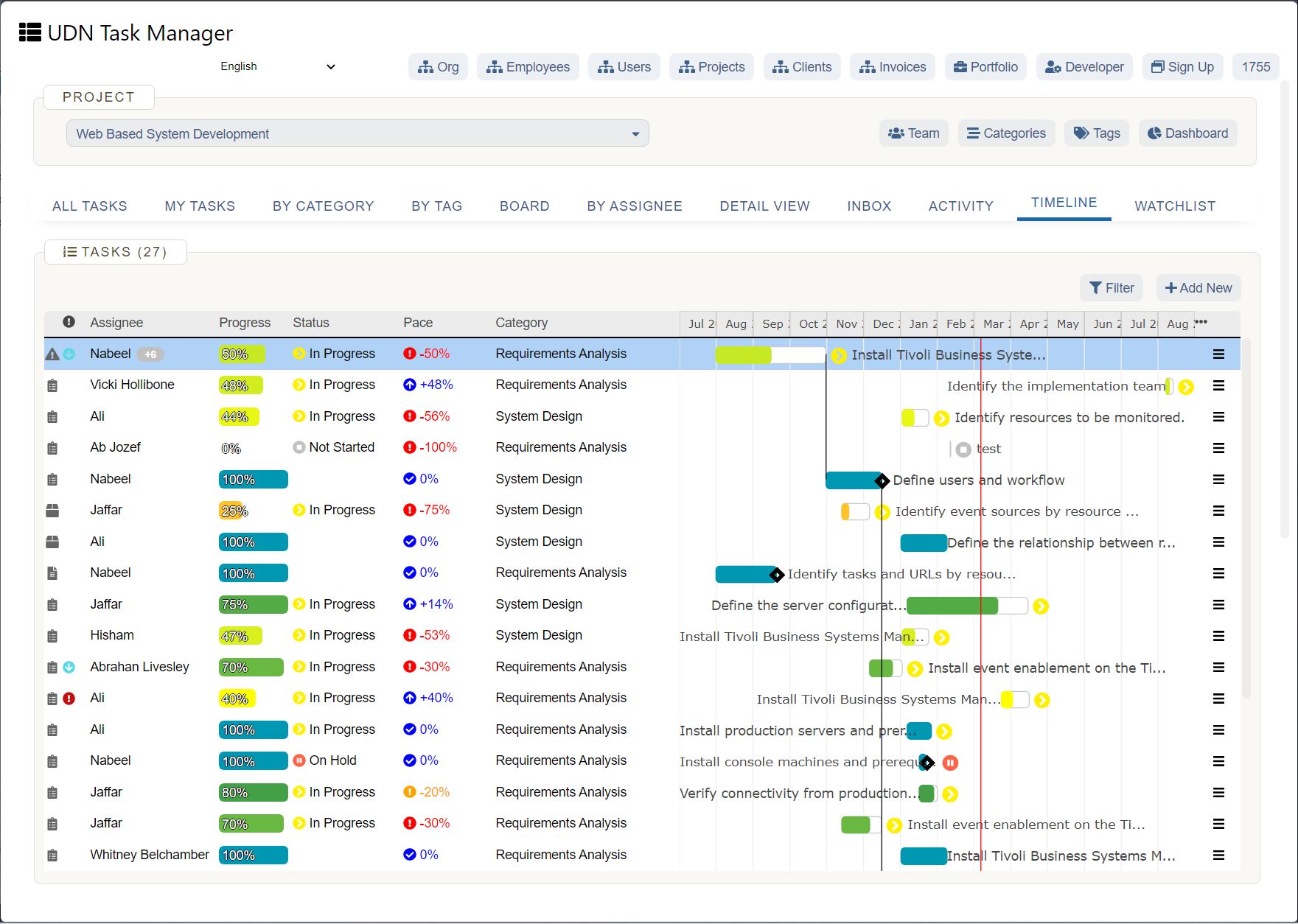
1. Project Planning:
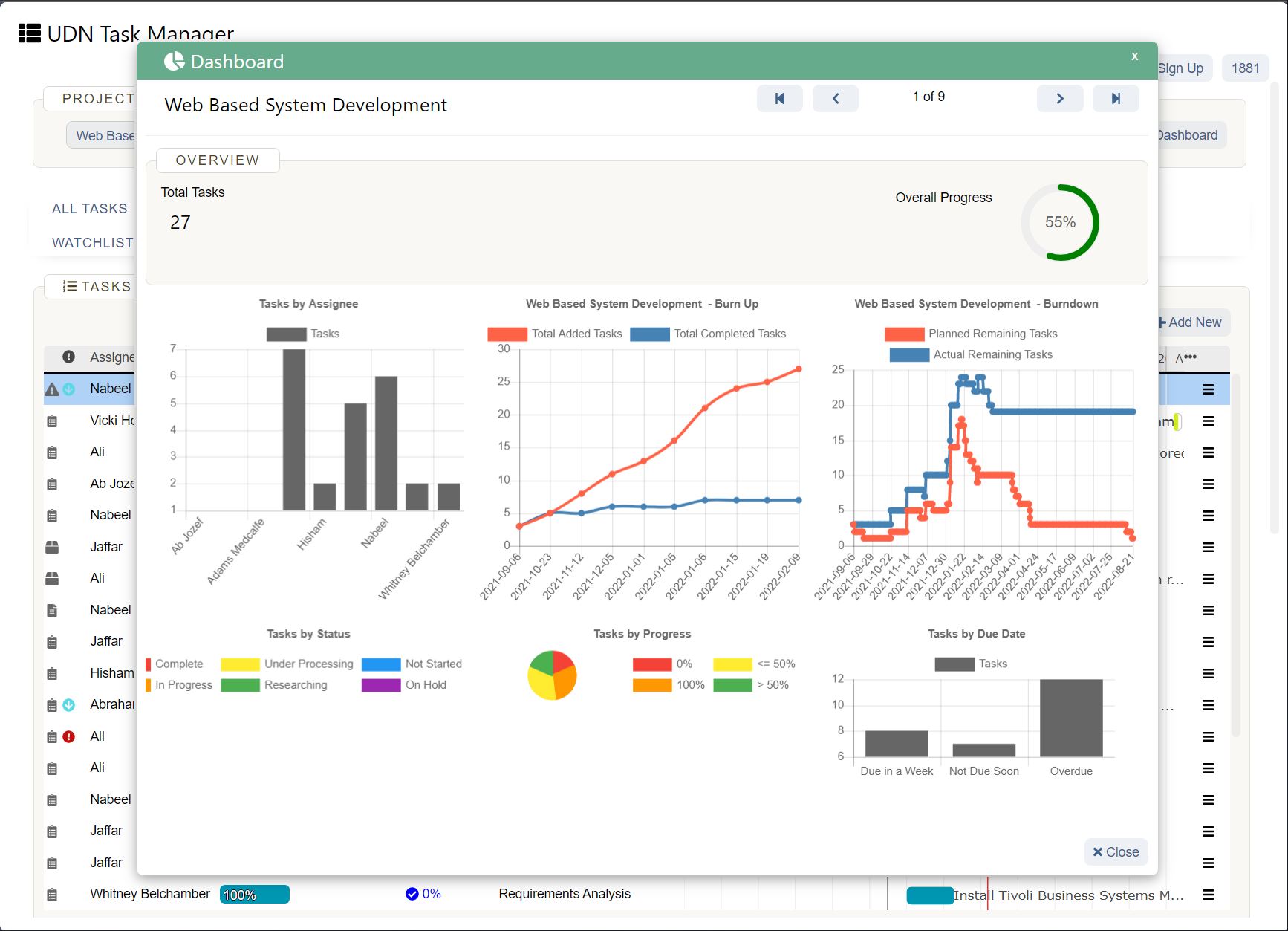
The best project management tools should have essential features for devising a solid plan – all the way from initiation to deployment. These project planning components can range from simple tasks and subtasks hierarchy to more advanced Gantt charts and timelines.
The software should allow you to clearly lay out your project plan in the form of a blueprint, so you have everything right under your nose, and you don’t get lost in the maze of project deliverables. It should also have some sort of directory or records to keep a track of workload and progress made over time.
2. Resource Allocation:
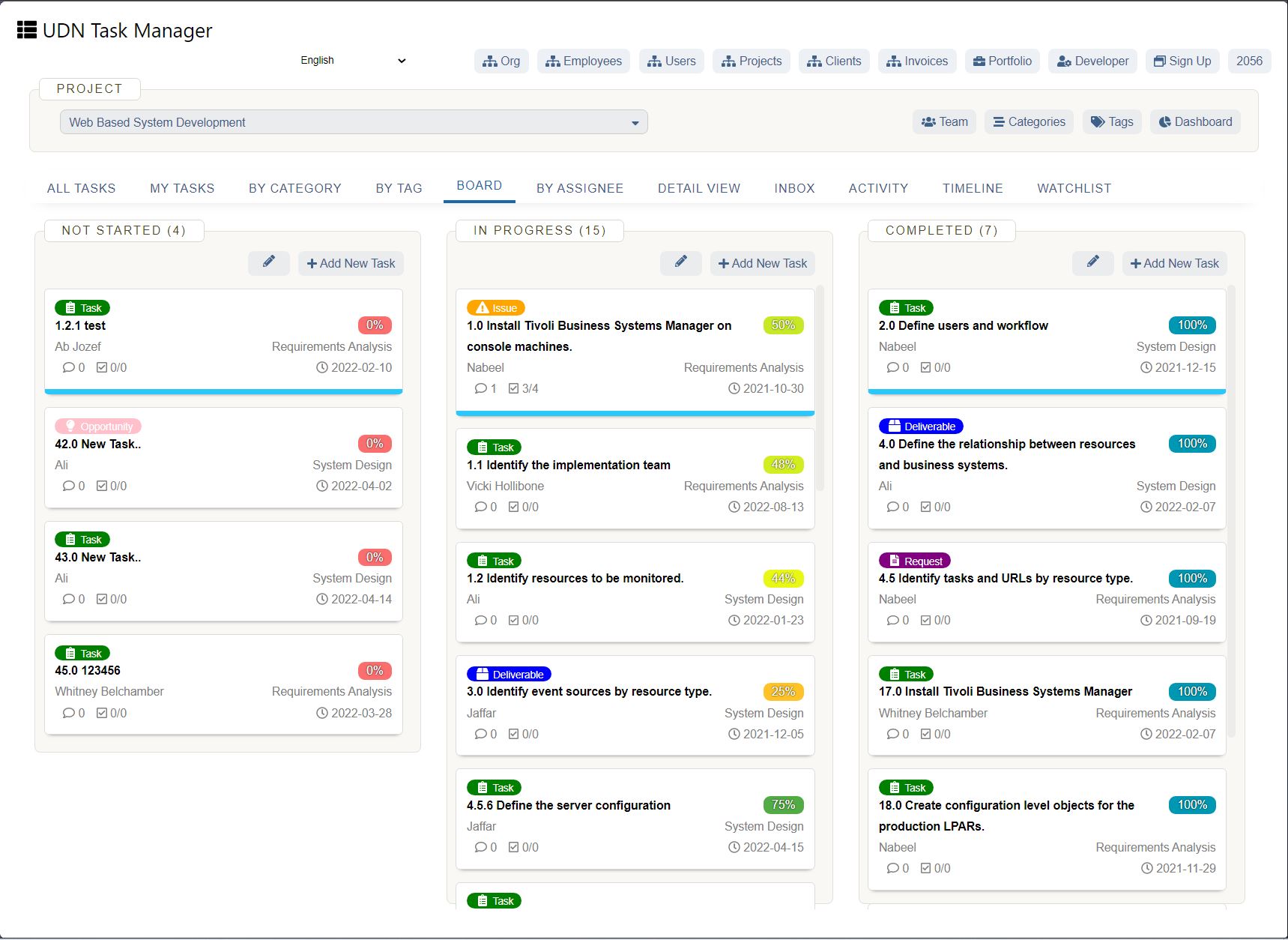
Without proper means of allocating resources, you cannot accurately measure your resources’ expenditure. There is a fair when it comes to resource allocation. Sometimes, mismanagement comes naturally because of the constraints involved in delivering a successful project. The key is to improvise and be open to flexibility. Most of it depends on the skills of a project manager.
Likewise, the best project management tools need to be equipped with a smart resource allocation toolset to help project managers delegate tasks. The resource allocation capabilities of a tool also help to analyze capacity overruns and burnouts.
3. Time Tracking and Budgeting:
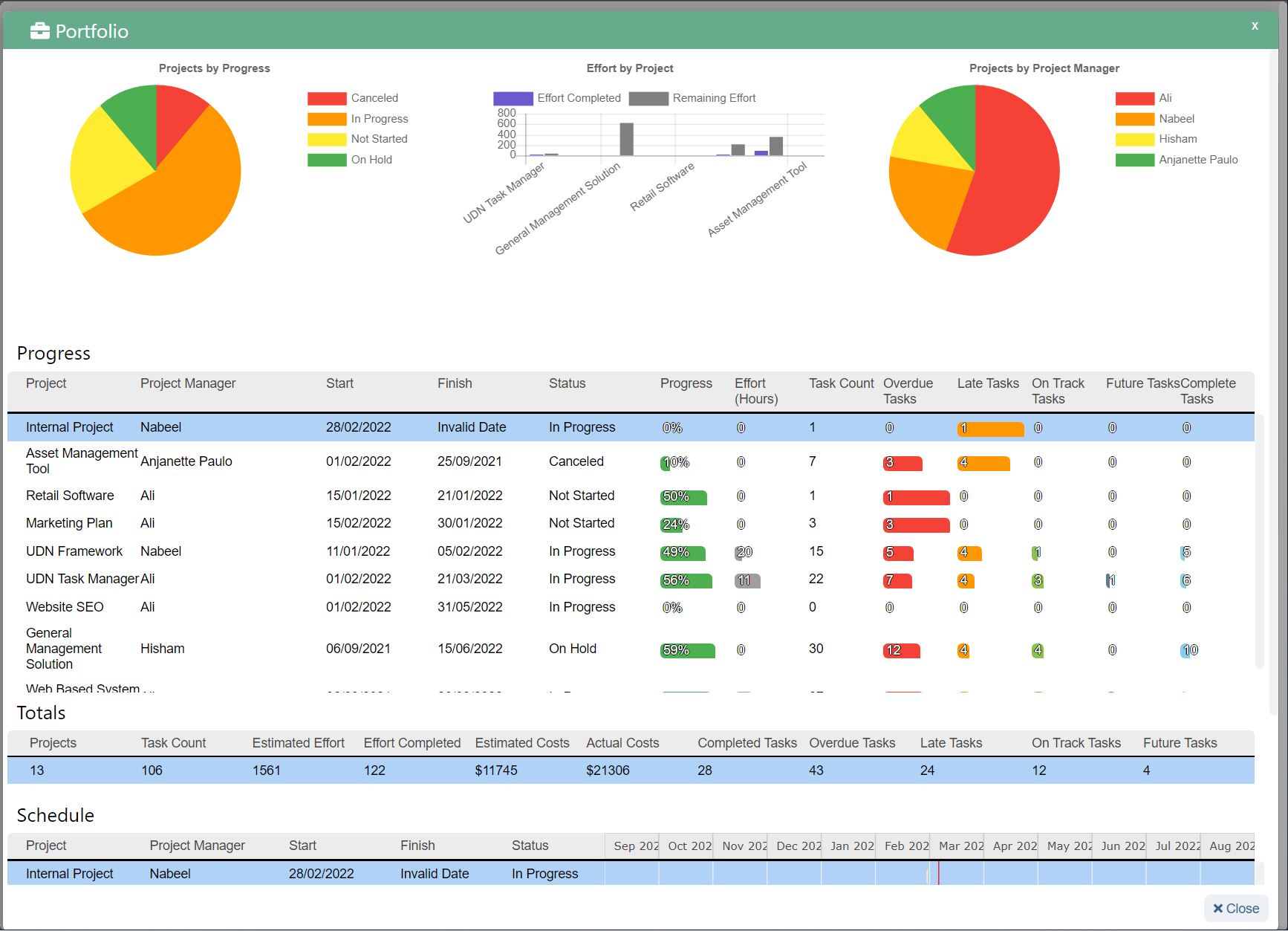
An automatic time tracker or timesheets is ideally a mandated function in ; no questions asked. The ability to track time associated with individual tasks is what sets some project management software apart from others.
Time tracking capabilities also open up the door to elaborate budgeting. When you have the exact number of hours spent on individual tasks, you know the lump sum expense that will be incurred. That way you can put forward a killer budgeting strategy, without going bankrupt.
4. Communication and Collaboration:
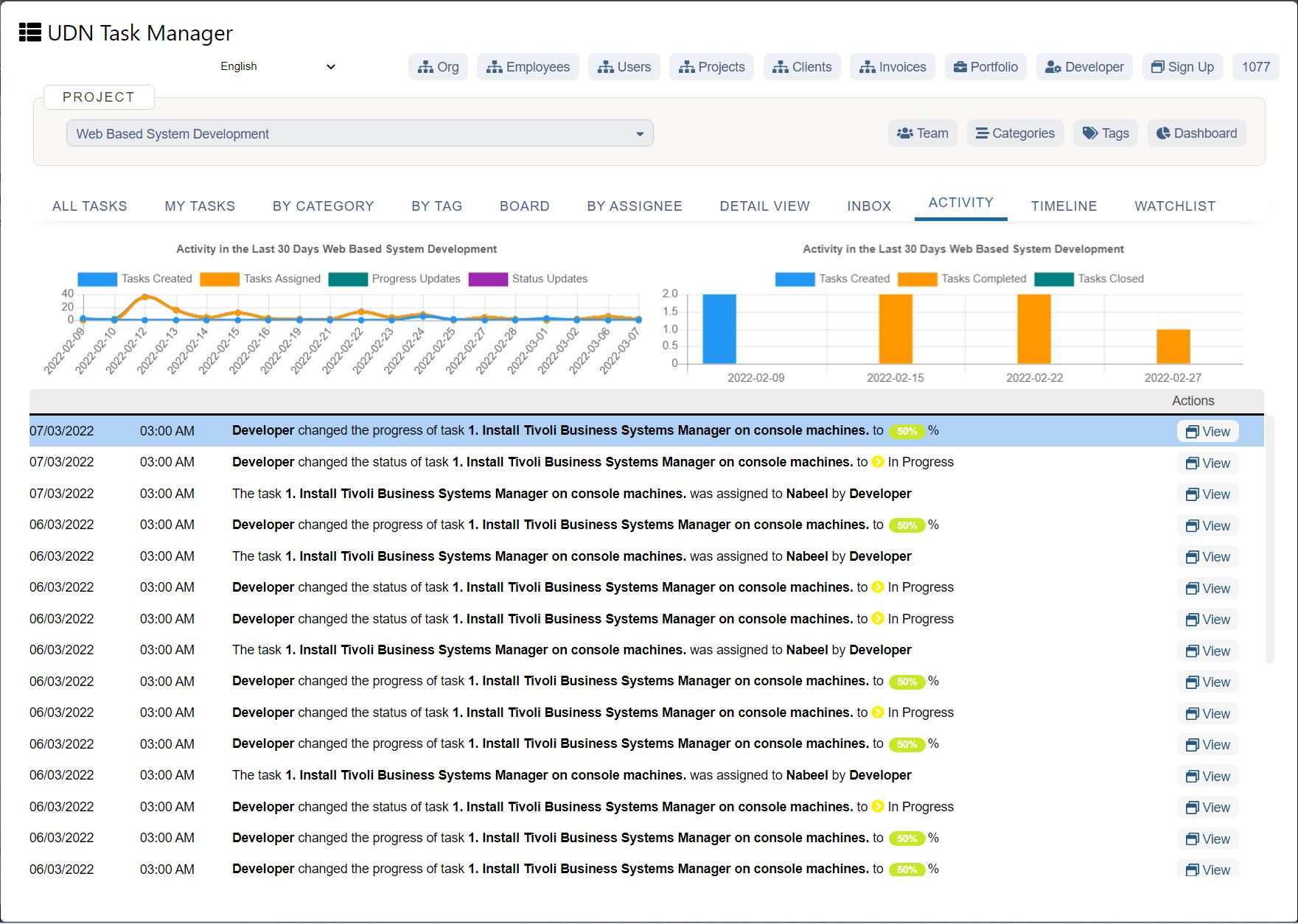
Whether you admit it or not, streamlined team communication and collaboration is key to project success. Without any formal means of communication, information is bound to fall through the cracks. This can lead to poor decision-making and ineffective strategic alliance.
Best project management tools should at least include a direct, or indirect means of communicating with team members. Synchronized communication also acts as a bridge for effective collaboration and further makes things easy to deliver. A personal message option, team chat, or comments within tasks – all serve as the most basic form of team communication and collaboration.
5. Risk Assessment and Management:
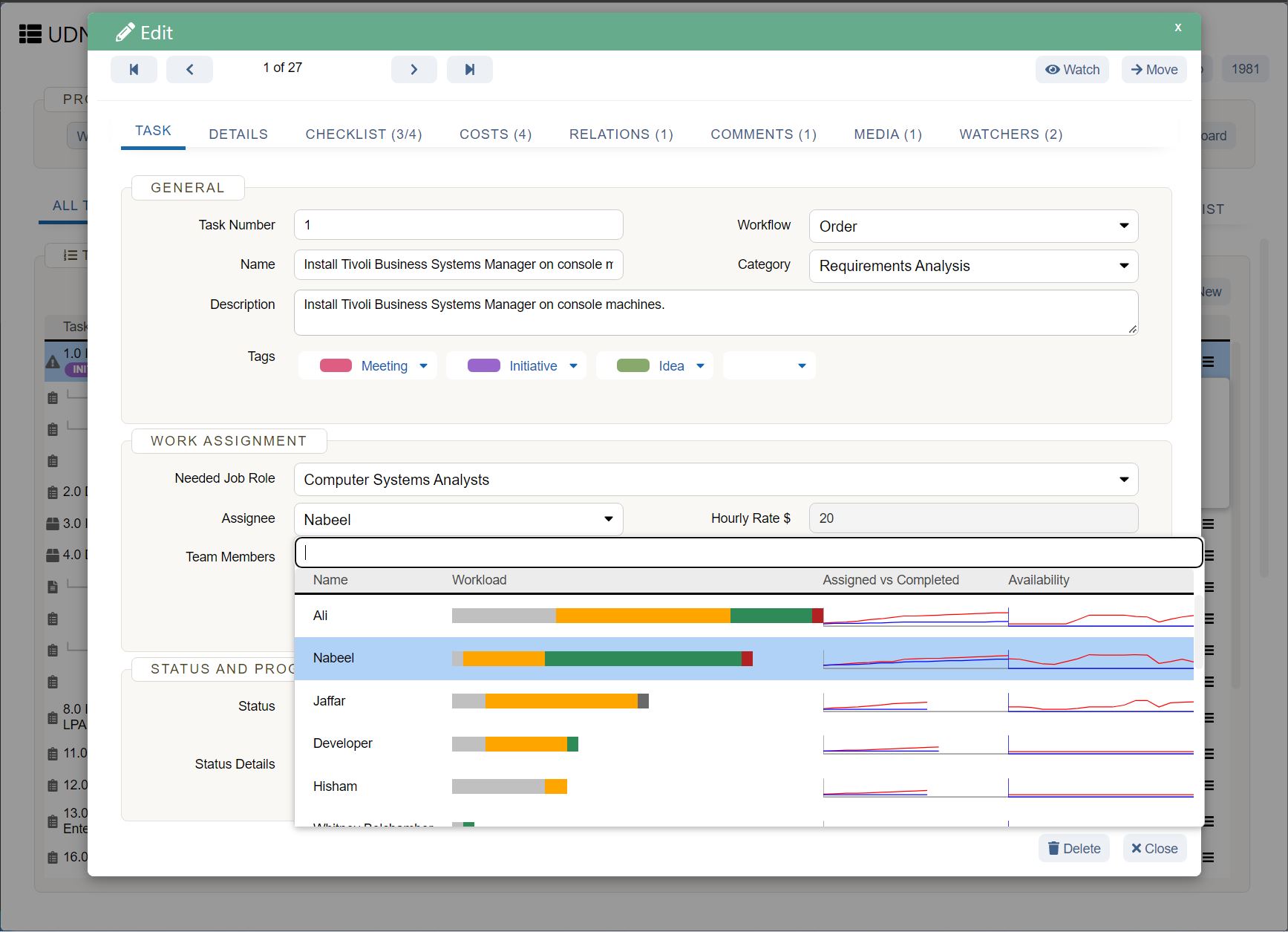
Project risks are inevitable. You cannot go into ostrich mode when it comes to risk handling – i.e. sinking your head in the sand won’t help. The problems will still be around you. This is exactly why should come equipped with a detailed risk management solution. That way, it is ensured that and mitigated to reduce their impact as much as possible.
A popular way of handling risks is through the risk assessment matrix. If your choice of project management software has built-in risk matrix for risk avoidance, you’re one step closer to successfully mitigate the negative impact it can produce.
Now that we’ve understood what essential elements should be a part of the best project management tools, let’s have a look at what manufacturing (or non-IT) and IT companies can take away from such tools.
How a Manufacturing Business can benefit from the best Project Management tools?

Manufacturing businesses are different than IT companies. In my experience, these businesses are often times complex. They do not use a project management application in the same way as an IT counterpart does. You need a very particular skill set and an even more powerful project management software to get things done the way they should be.
As demand and technology change, it becomes absolutely necessary to invest in a professional system to improve your areas of planning, scheduling, production, and delivery. A dedicated project management software can help optimize a manufacturing business in the following ways:
1. Developing an Integrated Workflow:
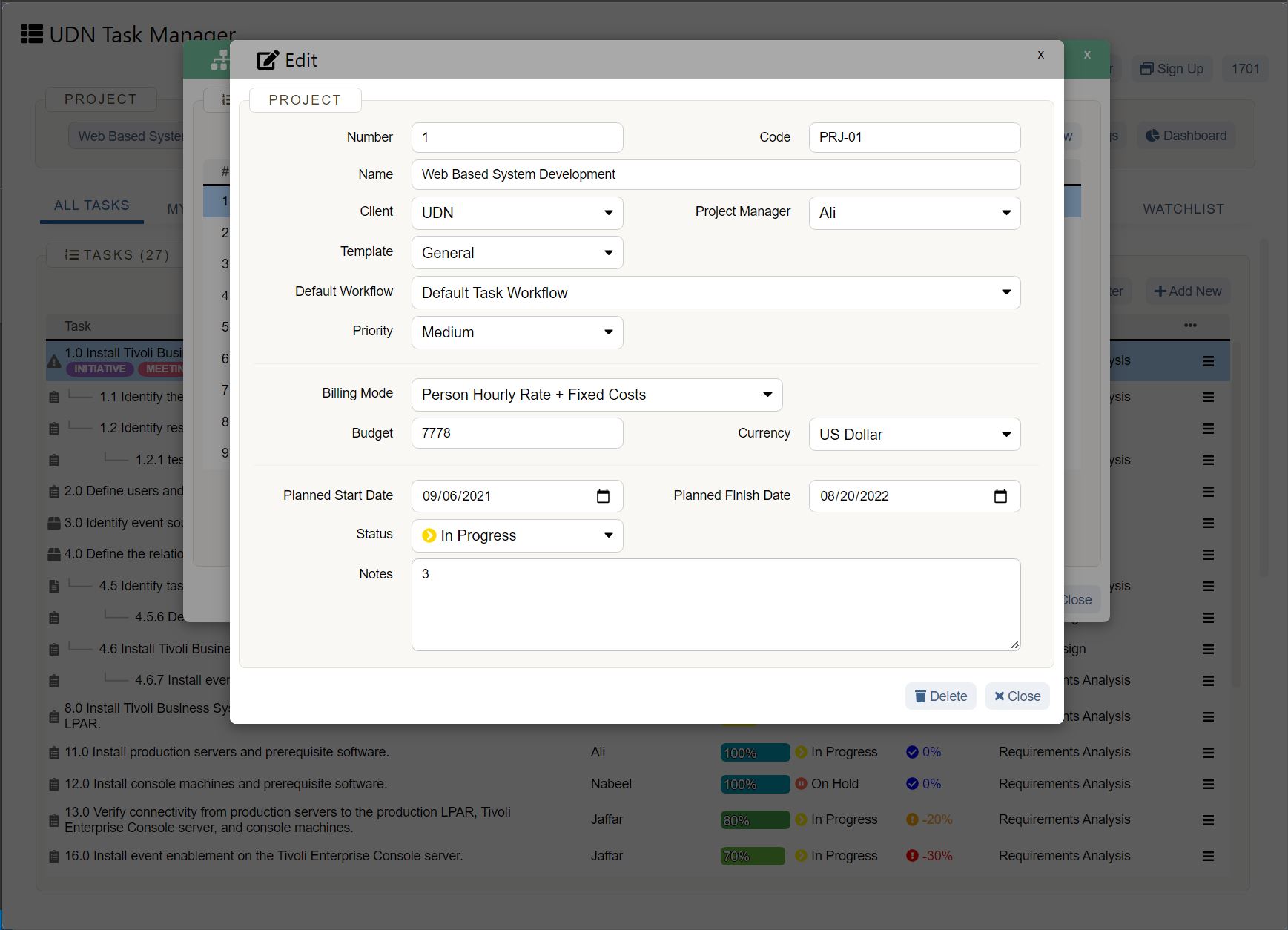
When you have a system in place, it becomes easy to create a unified workflow across organizations. As bits of data come along, the system creates a workflow pattern and that makes it easy to keep track of progress happening over time.
This is one of the most fundamental benefits a project management software can provide to a manufacturing firm. Through this, the system is also able to make quick decisions for you, as everything lies right in front of you in the form of an integrated work structure.
2. Tracking Inventory Levels:
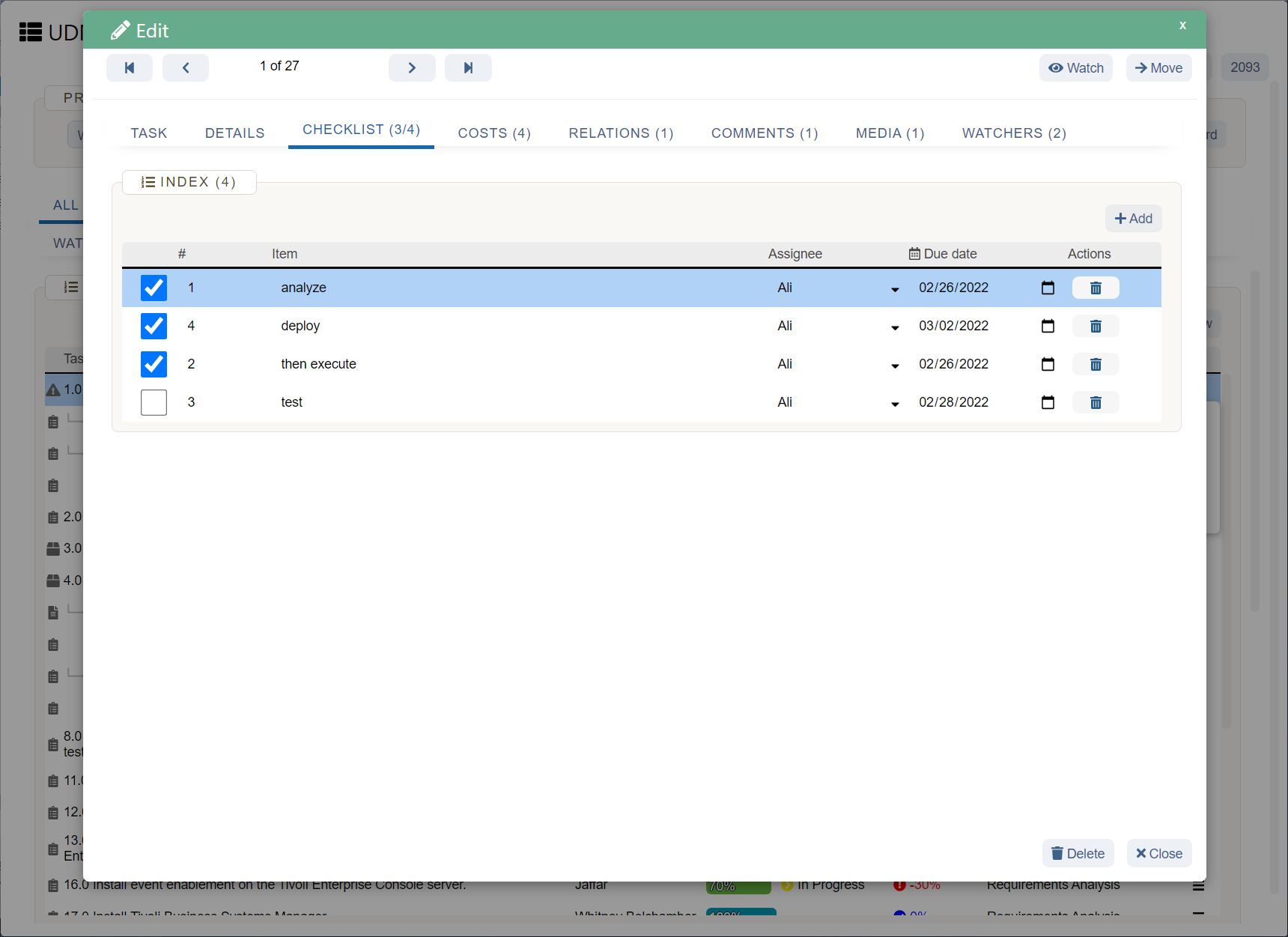
Keeping track of your inventory levels is the primary means to efficiently handle the production of goods . Having said that, if you have a project management software installed, it will greatly help you with maintaining the inventory levels according to demand and supply rules. Through timely communication and collaboration, you will know exactly what you need to manufacture and in which amount.
Having an overflow of the aforementioned variables creates havoc in factories. It ultimately affects your generated revenues. This should be motivation enough for you to go out, do a little research of your own, and invest in a tool right now.
3. Logistics Management:
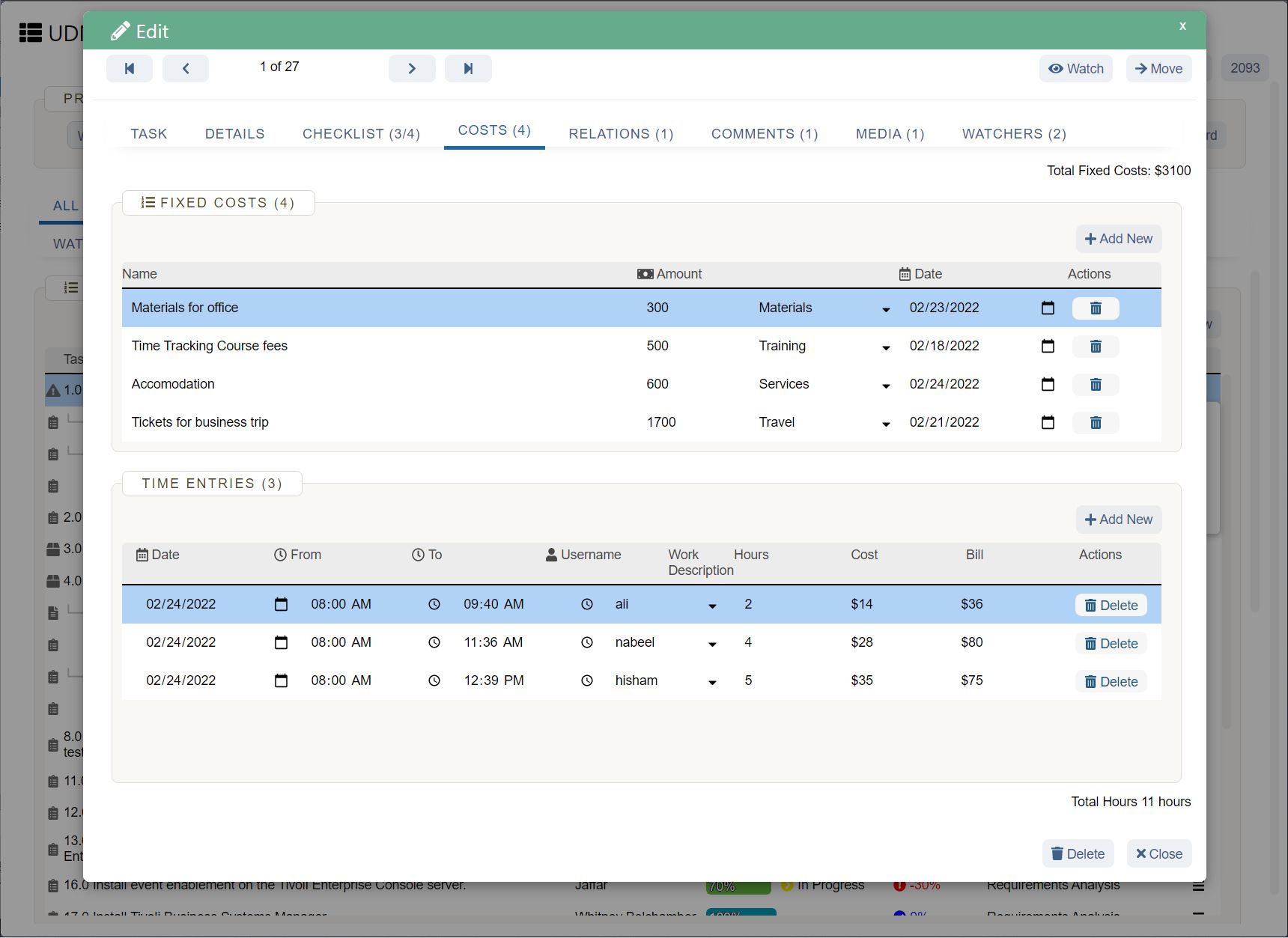
Logistics management essentially deals with the flow and storage of goods, both during and after manufacturing. It is important to understand here that when it comes to the manufacturing business, logistics management is one of the most critical aspects which need to be dealt with utmost accuracy.
Expecting to nail logistics without going for project management software is a mistake you don’t want to make. The best project management tools will help you to keep track of your deliveries and their respective time. It will also aid you in capacity planning and optimized production patterns .
4. Reduction of Lead Time:
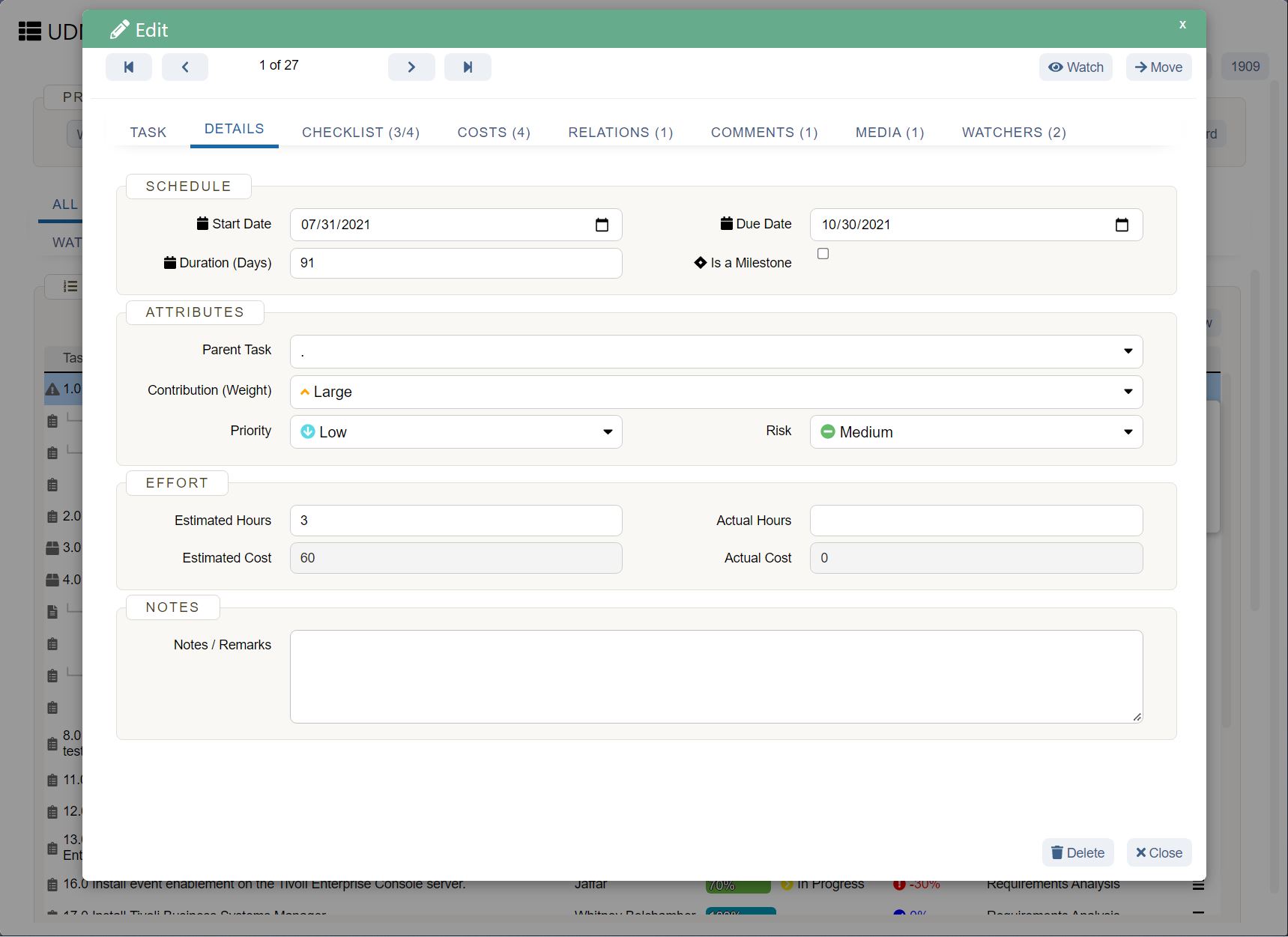
Lead time defines the time period between the initiation and execution of a production process. In order to avoid bottlenecks in the process and waste reduction, investing in the best project management tools should do the trick. The software will also help you to identify bottlenecks in the process and how you can deal with them efficiently.
Gantt charts, timelines, Kanban boards, and task lists — utilizing these features of a project management software will help you in greatly reducing your lead time and deliver maximum value.
5. Approvals and Reviews:
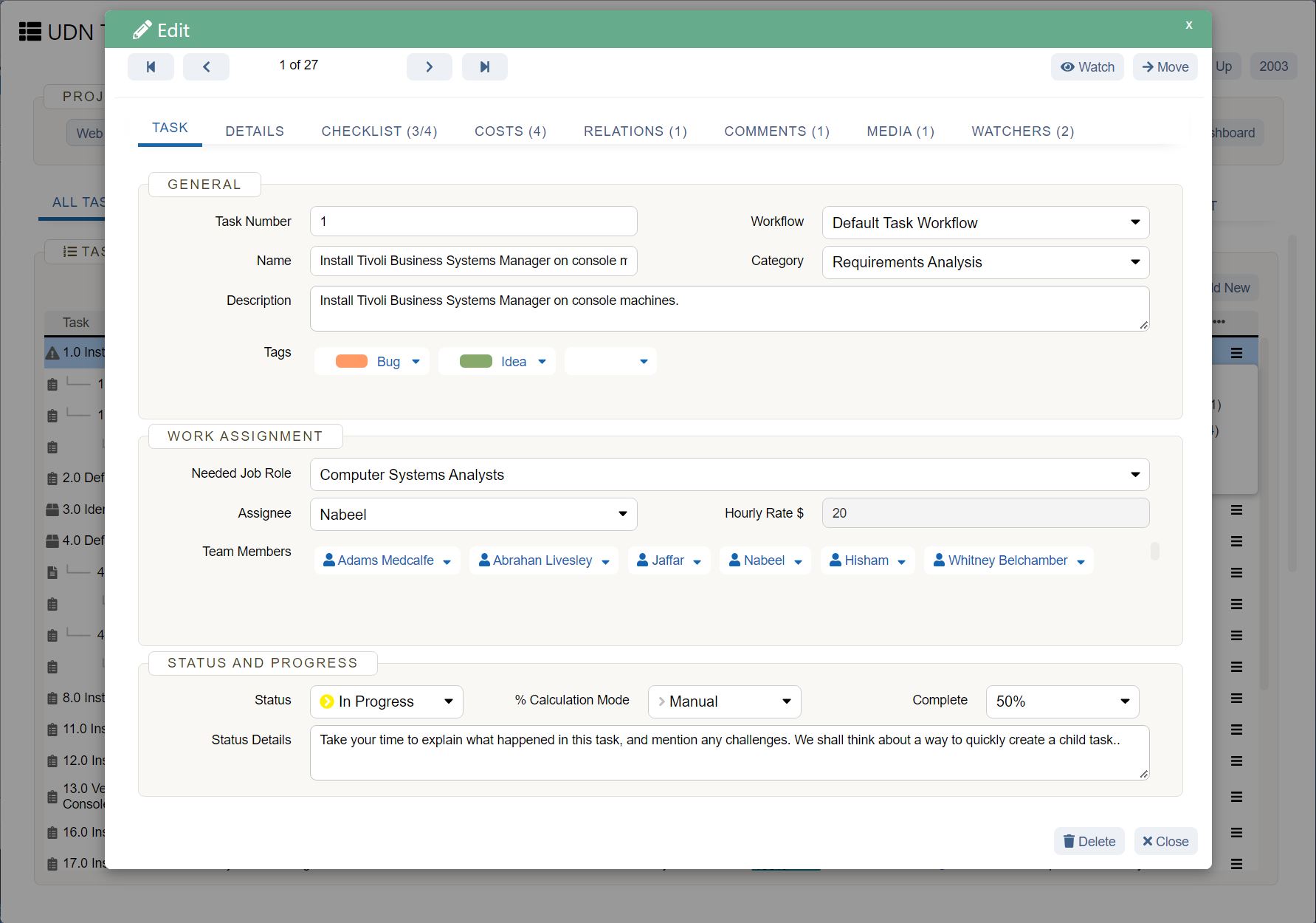
Finally, a formally documented system for approvals and reviews is what every business needs. No matter what kind of a project management software you’re opting for, the reporting function should serve the purpose of timely reviews.
Moreover, with independent workspaces, you can add collaborators or clients to monitor the progress and approve or disapprove accordingly. By doing so, you also make sure that all the amendments are addressed on time.
With everything aligned and reported on time, you will be able to make informed decisions and approve smartly.
How an IT Company can Benefit from the best Project Management tools?
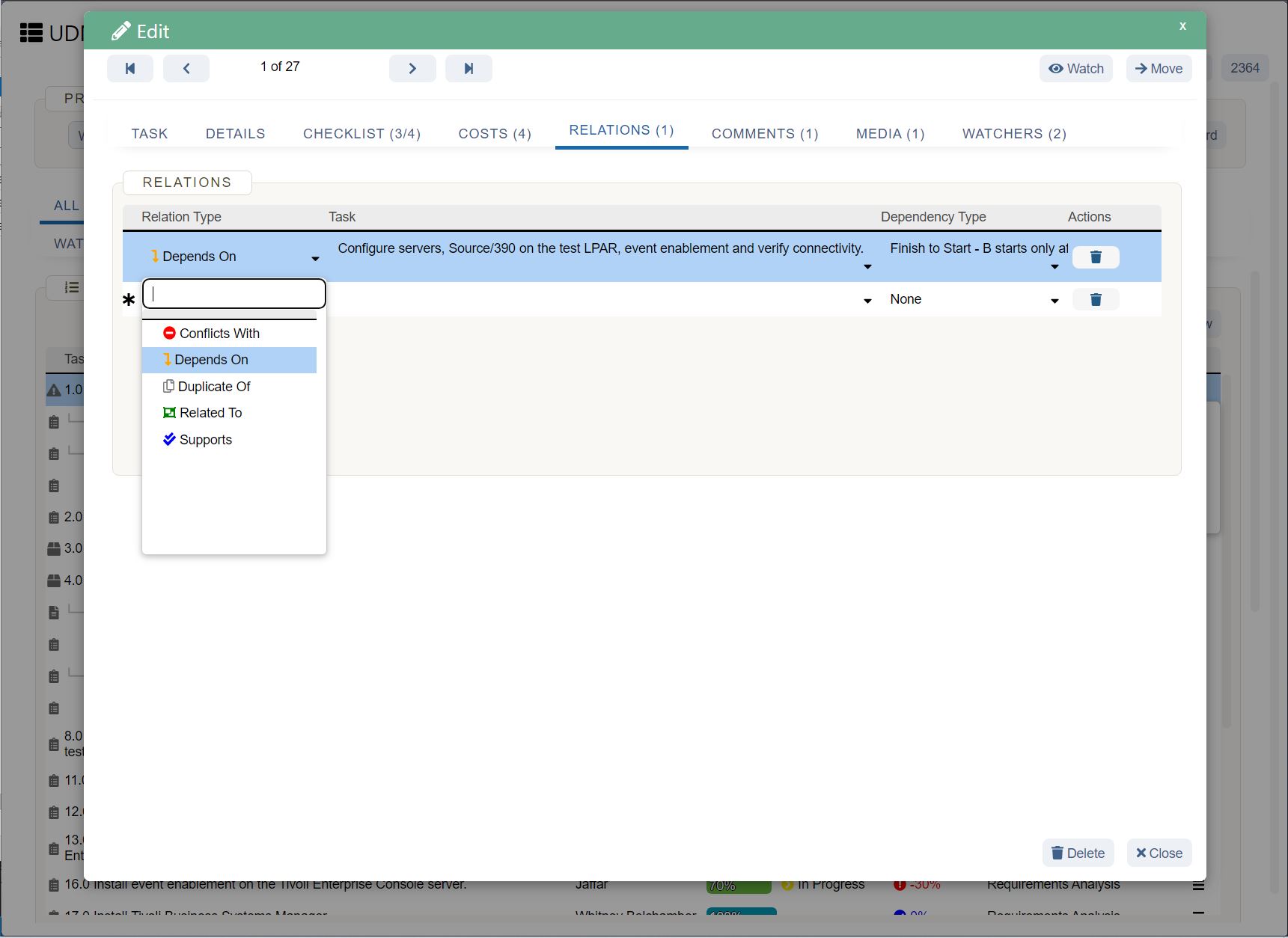
Regardless of the industry type in the IT sector, the advantages of using project management software always outweigh the cons. IT projects are deadline oriented. In order for things to proceed, it required project management, to say the least. If you don’t have the budget or an infrastructure for such software, you can at set-up a small scale monitoring service for your day to day projects.
Following are some example use cases where an IT business can benefit from such project management tools:
1. Planning and Scheduling:
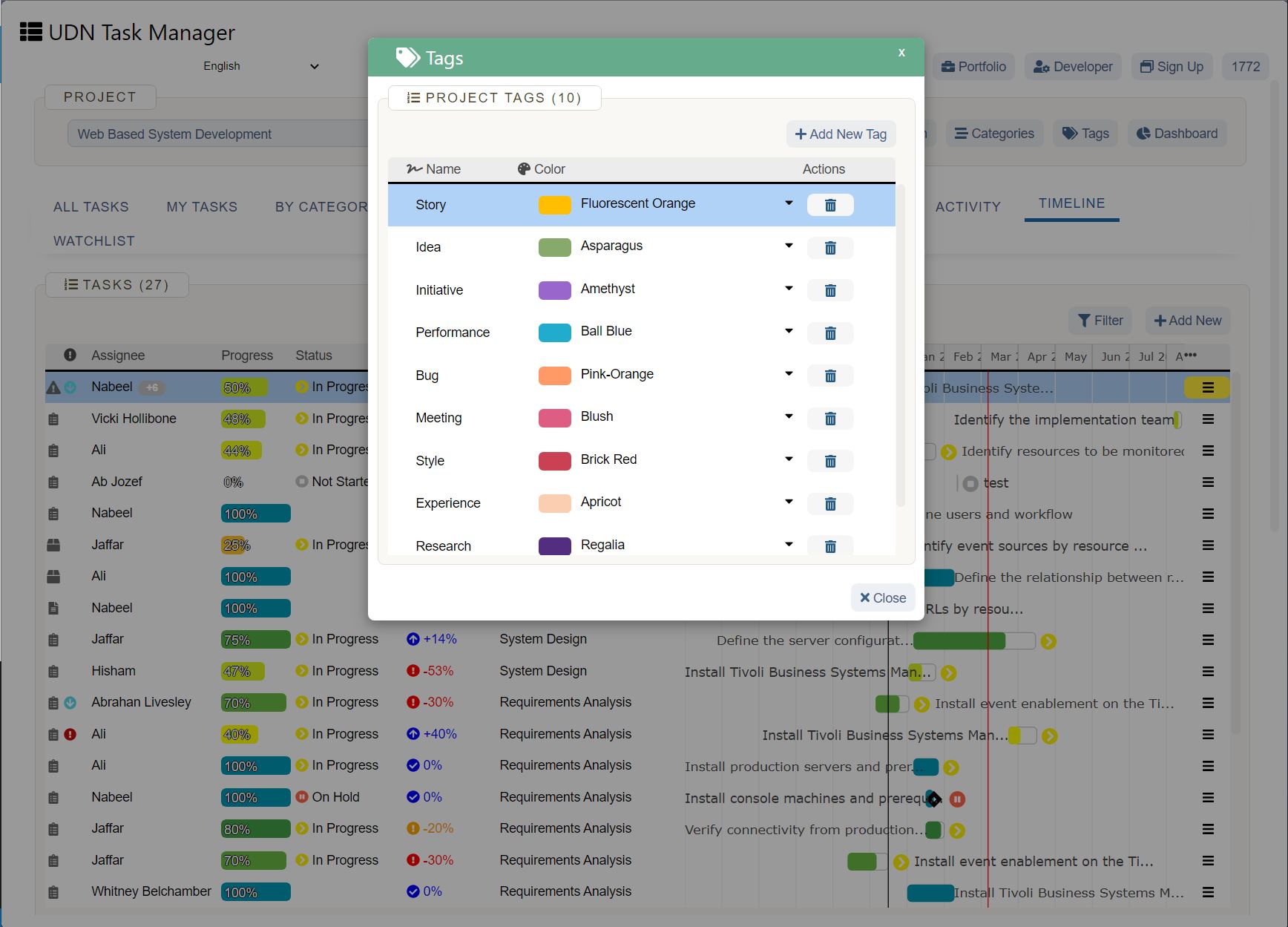
For a software firm, planning and scheduling refer to laying out the project blueprint, allocating resources, and developing the steps for necessary testing and maintenance. Having the right project management software at your disposal makes planning and scheduling easy for the project manager.
The best project management tools allow you to define the scope, lay-out a timeline and put forward all the possible means of setting things in motion. This can be done through Gantt charts, timelines, task hierarchies, and other such functionalities.
2. Bug Tracking:
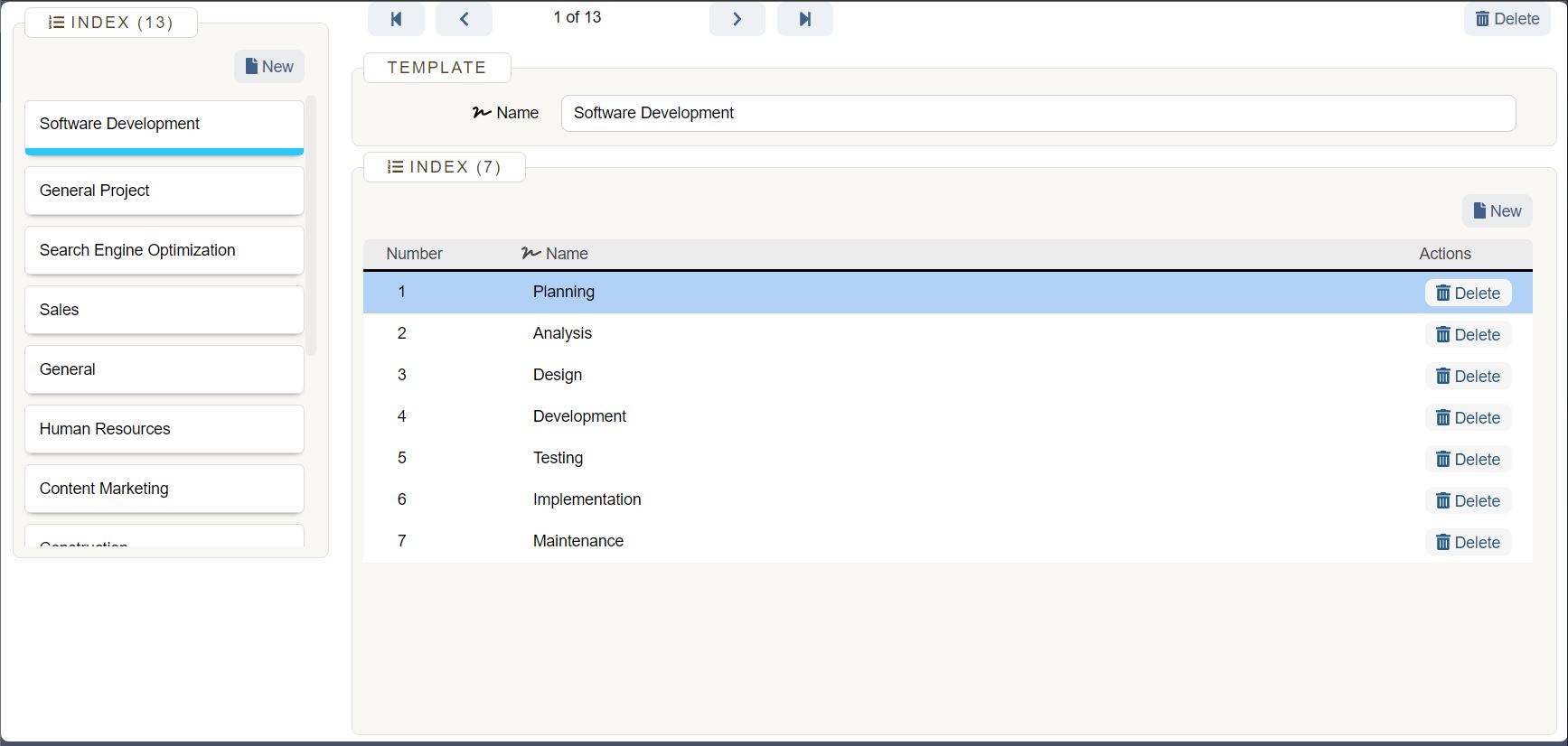
A proactive bug tracking feature is what every IT company usually looks for. Especially if it is a software products oriented business, the ability to detect bugs as soon as they appear in the system makes it easy to resolve them. The best project management tools will require you to run rigorous testing to find and fix bugs during the early stages of SDLC .
Another major advantage of an effective bug tracking solution within the project management software is that you can make changes to the product according to the requirements – and that too with zero defects.
3. Time Management:
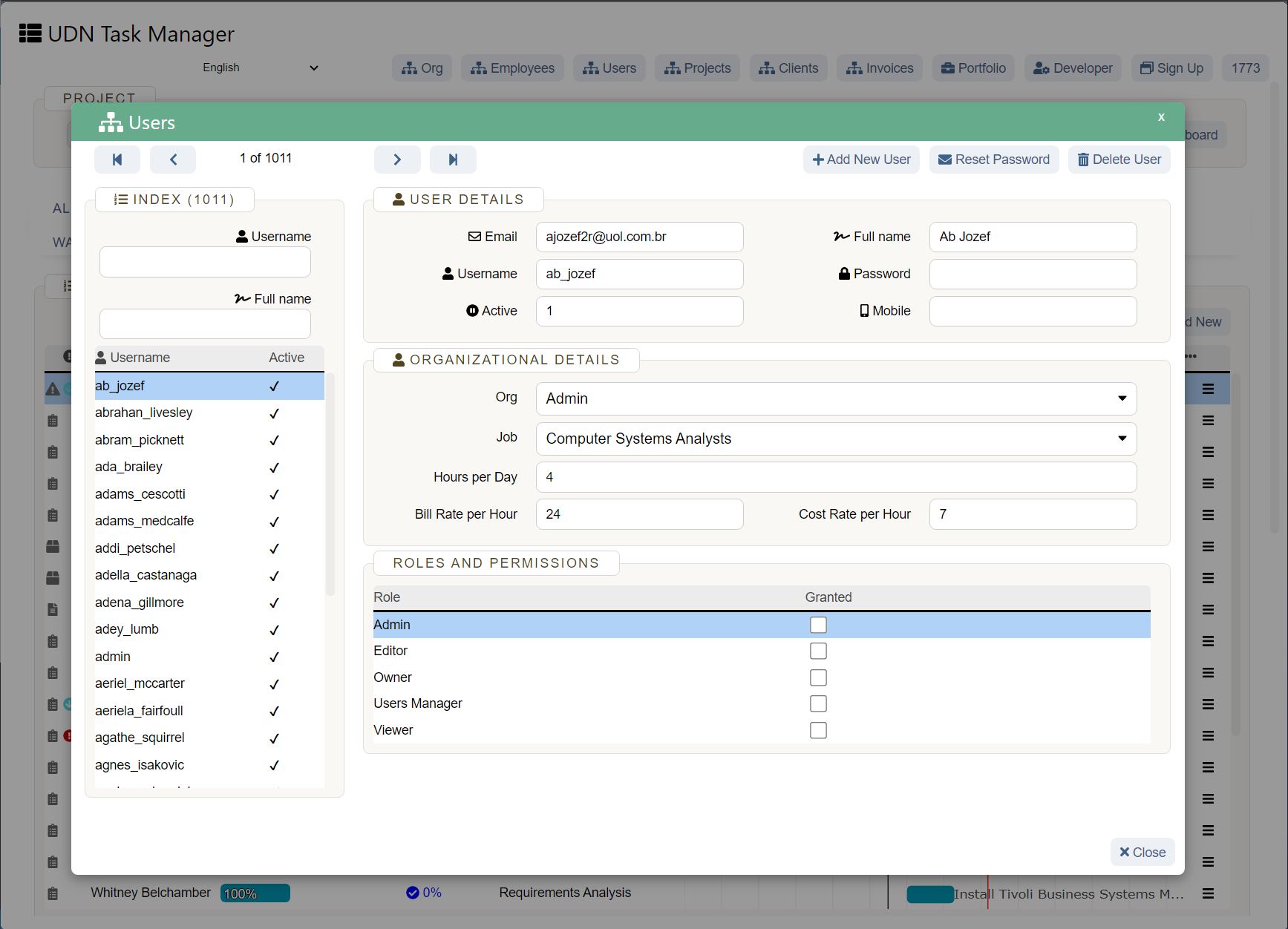
Staying on schedule is critical when it comes to software projects, as mostly the work is time-bound. When you deploy the best project management tools are with integrated abilities to track time, you make things extremely smooth. Each task and the time it takes to complete it is right in front of you, so you know how to smartly tackle any associated concerns.
If the software provides you with timesheets, that even better. Just keep recording the hours it takes to complete a task and make changes as your project evolves.
4. Budget Tracking:
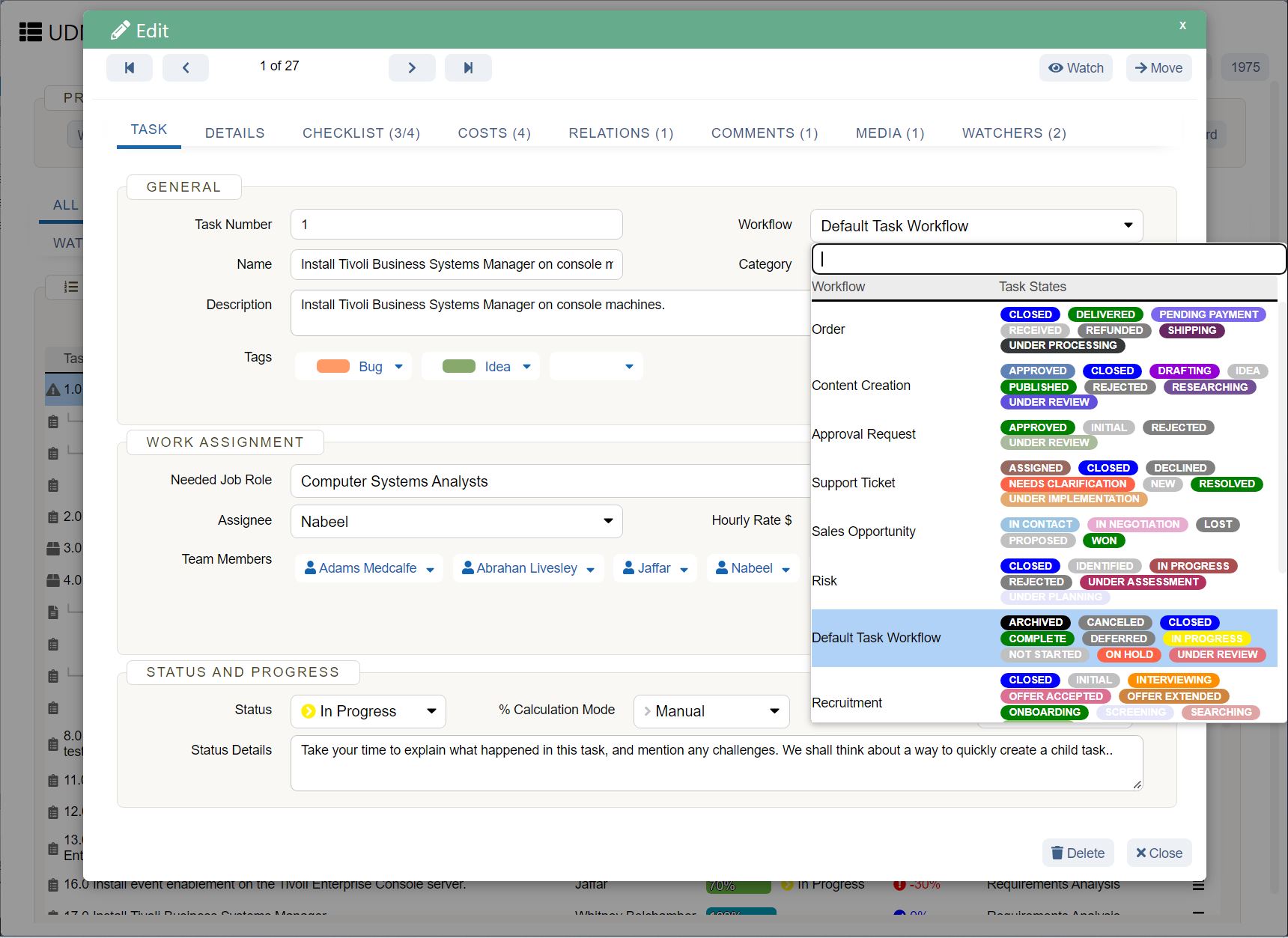
Pretty evident, software projects don’t always have unlimited budgets. Staying within the stipulated limit takes some brains and smart planning. A project management software facilitates in doing so by allowing you to pay more attention to where your money is going.
The right tool will help you compare your estimates vs. the actual cost to analyze the difference and stay on track. Furthermore, it also helps in pinpointing the extra costs that might become big problems for you later on during the project.
5. Centralized Documentation and Communication:
The best project management tools not only provide the above-mentioned advantages but keeps everything in a central location too. With all the information maintained at one place, the retrieval can be done by any team member, at any time. Moreover, with everything organized, there will be less clutter to go through to find the appropriate document.
The concept of slick communication also stems from the same. Having a single platform for all kinds of team communication leads to successful software projects, with minimum confusion. You may be wondering now if this project management software requires any kind of formal training.
Well, it usually comes down to the type of software you have chosen. Some of the tools out there make you cringe over unwanted features.
Our take? It all comes down to your choice and your team requirements. If you’re going for the best project management software in 2019, take a professional training and assessment session to familiarize yourself with what’s actually needed vs. budget sanctioning for a project management tool.
Otherwise, there are tons of programs which serve the purpose pretty nicely, without any need for formal training. If you liked reading this post, do let us know through the comments section below. We would love to hear your thoughts on how IT and non-IT industries are impacted by project management tools.











